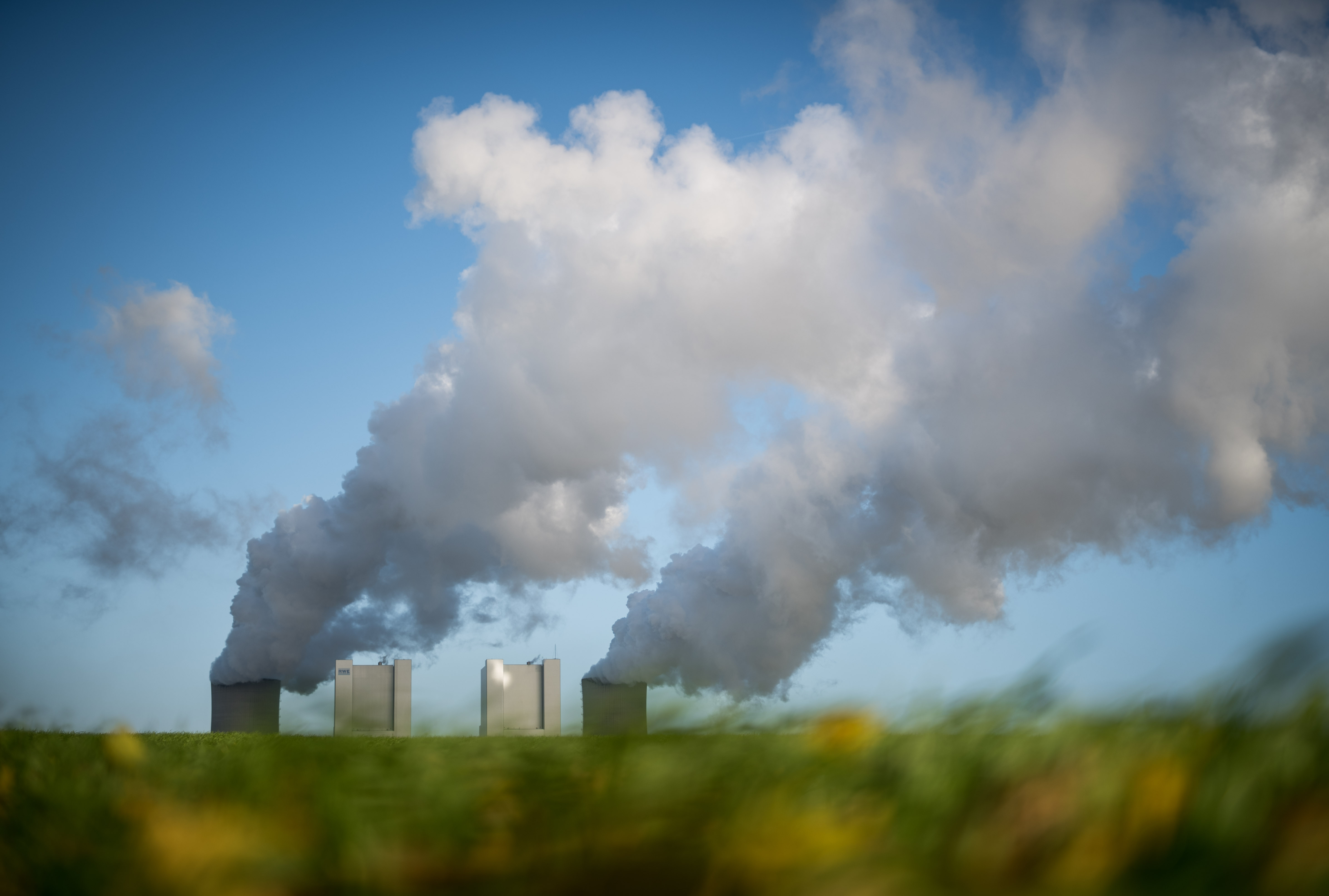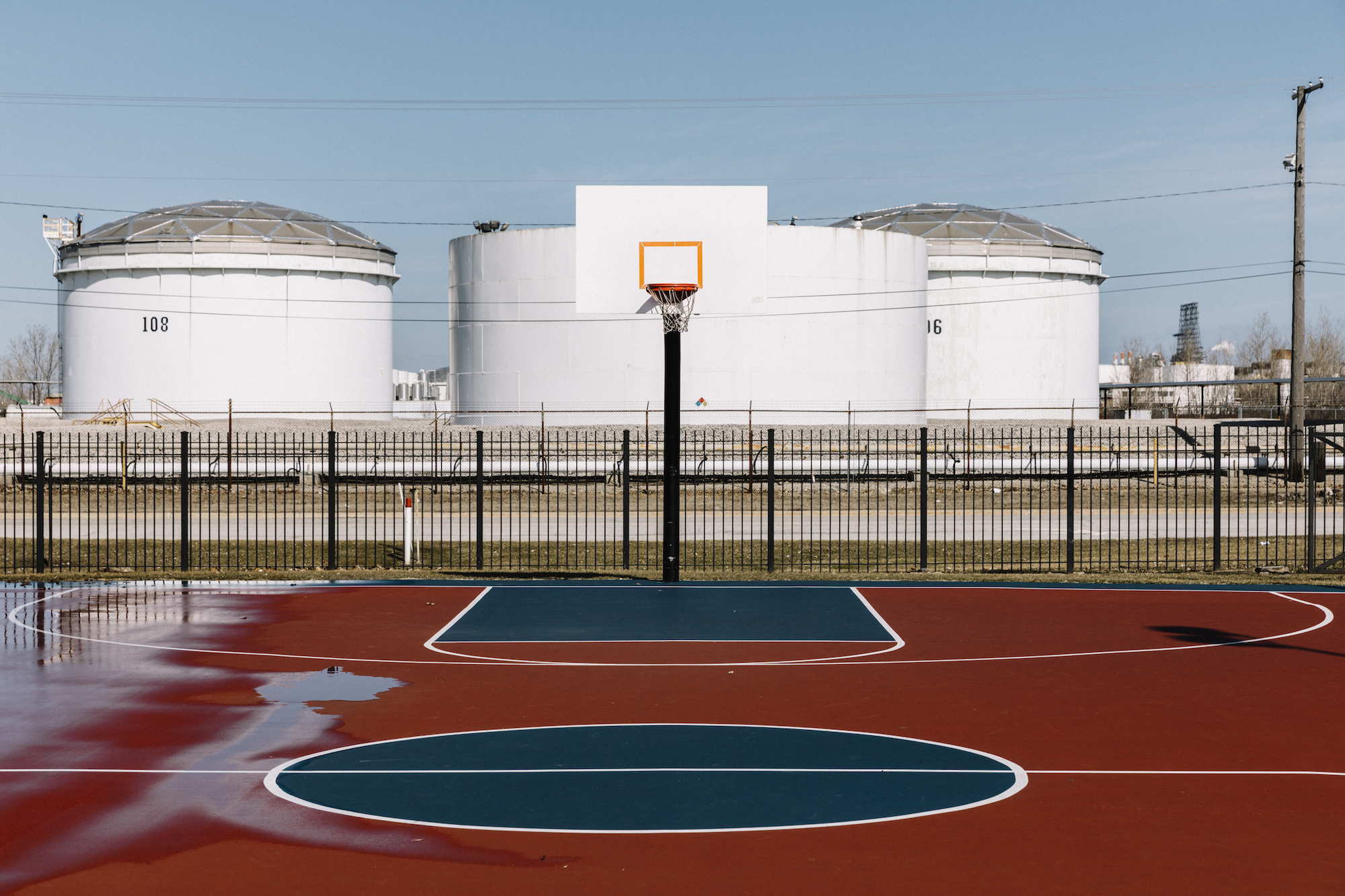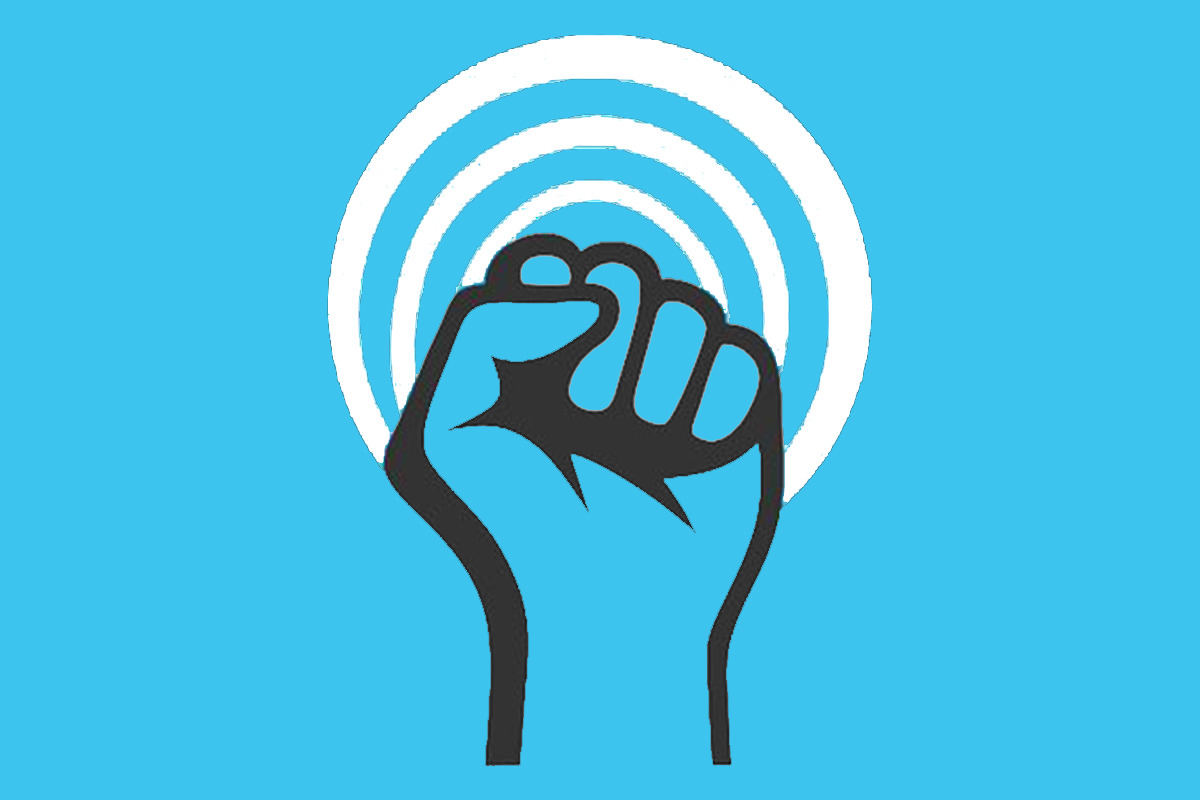A weekly newsletter for Pacific Standard Premium members.

(Photo: Lukas Schulze/Getty Images)
The Edit Podcast
On the latest episode of The Edit, we spoke with Pacific Standard contributing writer Sophie Yeo about a predominantly immigrant community in Chicago that has long dealt with harmful air pollutants, how litigation is being used to hold governments accountable for the role in climate change, and the future of seeking climate justice as a human right.
Yeo has been writing pieces for our New Landscapes series over the past few months. This series investigates how environmental policies affect vulnerable communities across America. You can find more stories by Yeo here.
Coming Up: A conversation with Pacific Standard contributing editor Peter C. Baker and documentary filmmaker Yu Gu about Arthur Chu, an unconventional Jeopardy! champion and writer who covers issues surrounding racism, nerd culture, and #gamergate. Baker wrote a profile about Arthur Chu in May of 2015, and Gu’s documentary Who Is Arthur Chu?—which was co-created with Scott Drucker—is set for digital release in June.
You can receive every new episode of The Edit as soon as they become available by subscribing to the podcast on iTunes, Spotify, or SoundCloud. Every episode is also available for Premium members here.

(Photo: William Widmer)
Don’t Miss: Covering Climate Injustice
News and analysis from Pacific Standard on the biggest stories of the week.
In light of our conversation with Sophie Yeo on The Edit, we thought it would be useful to create a rundown of some of our coverage of how climate justice is being sought around the world. Yeo has been covering this beat in the Americas for our New Landscapes series, but Pacific Standard has long looked to shine a light on issues centered on how vulnerable communities often deal with the harshest impacts of climate change and pollution, among other issues related to the environment.
- Two major talking points in this week’s episode of The Edit were Yeo’s stories about the Mexican-American Little Village neighborhood in Chicago’s fight to combat harmful air pollution and the successful lawsuit brought by 25 Colombian children that accuses their government of violating their human rights by not doing more to mitigate the impacts of climate change in the country.
- What are the long-term health impacts of inhaling wildfire smoke? A shortage of research means the answer is unclear, but one thing is certain: The number and intensity of wildfires is only increasing, putting children and the elderly at risk.
- Writers Kevin Stark and Winifred Bird investigated toxic Superfund sites across the country for this in-depth feature about how the Environmental Protection Agency has failed to clean up these dangerous sites or inform the local populations of the risks they face from them—leaving immigrants and minorities in these communities to fend for themselves.
- This pollution can cause negative impacts beyond just health issues. One study illustrates how breathing emission-laden air can cause underprivileged kids to engage in more delinquent behavior.
- Back in November, we sent staff writer Kate Wheeling to Fiji to report on the United Nations Convention on Climate Change, or COP 23. We covered the entire event in a series of stories you can find here. In Wheeling’s reporting, she spoke extensively with the Fijians at the front lines of climate change. Throughout her time in the country, Wheeling talked about the causes of climate change with farmers, looked at the inventive combination of science and tradition being used for fishermen to adapt to rising seas, and heard harrowing stories from folks who were about to be forced to weather a cyclone in government-issued tents.
- Hawaii’s Kilauea volcano erupted this week and is putting vulnerable residents in serious jeopardy.
Transcript: An Excerpt From The Edit
A short transcript of a portion of our podcast with contributing writer Sophie Yeo in conversation with Varun Nayar, the host of The Edit. In this section, she is discussing what she sees for the future of climate change litigation.
Nayar: The idea of litigating against this larger and more abstract energy system to fight back against it—does that require just accruing enough litigation and recording instances where climate change is coming into direct contact with people’s daily lives? Is that something that a lot of advocacy groups are doing?
Yeo: I think climate change as a fundamental right within litigation has really taken off since 2015 when a Dutch non-governmental organization called “Urgenda” filed a case against the government in the Netherlands. It was quite a big deal and it really set off a flurry of legislation that was related to that. One of the real difficulties in climate change legislation is that climate change is a global issue. And so plaintiffs really struggle to show proof that they have been harmed by the actions of their government or this oil company. To do that it’s partly a case of setting out the climate science, which is something the Colombian children really did in their case—they laid out exactly how they’re being harmed—specifically, they had to show irreparable harm. They found scientific studies that showed the irreparable harms that came of deforestation in the Amazon. They showed things like health impacts, lifestyle changes, food security—how people were going to have to change their diets—because their water or their islands are being impacted.
Nayar: So it seems like this is quite the stable blueprint for the future of climate change litigation. Do you have any sense of what that could look like in the next couple of years?
Yeo: I think this is definitely a trend, and having fundamental rights and constitutional rights as an element of climate litigation is something I think we’re going to see even in the next couple of months, which is when a lot of the cases are going to go to trial. A lot of these cases are going to be resolved and we’re gonna see which way they go and how government’s deal with it.
Listen to the rest of the conversation by subscribing to the podcast on iTunes, Spotify, or SoundCloud. Every episode of The Edit is also available for Premium members here.

PS Picks
PS Picks is a selection of the best things that the magazine’s staff and contributors are reading, watching, or otherwise paying attention to in the worlds of art, politics, and culture.
Satire of the Left Is Coming From Within: Satire, like reality (according to satirists at least), has a liberal bias. The rest of left media has its share of counterweights—Fox for MSNBC; Breitbart and InfoWars and the Gateway Pundit, etc., for every Palmer Report—but there is no conservative late-night host, or Onion of the right. (Some, like Jordan Klepper and the Colbert Report-era Stephen Colbert, present as conservative, but direct their humor at the right’s discourse and not its targets.) Given satire seeks to aim itself at institutions and the status quo, it is perhaps unsurprising that the search for the conservative Jon Stewart remains the aggrieved, and status-quo protecting, right’s great McGuffin.
That’s not to say that satire of the left, with its own institutions worthy of mockery, does not exist. Where the right has failed, the left has stepped in to skewer itself. This Wednesday, Clickhole, The Onion’s fake clickbait website, launched a new vertical, Resistancehole, which takes as its targets the keyboard-warriors and conspiracy-mongerers of anti-Trump Twitter. Indeed, they have a lot to mock: those who peddle critiques of President Donald Trump, or “Drumpf,” that substitute snark for substance; those who believe every world problem can be reduced to one of Russian election interference; those who attack Trump with their own regressive rhetoric. In aiming at the failure of part of the left’s discourse, and not the validity of the underlying critique, Resistancehole succeeds where conservative comedians cannot.
—Ben Rowen, Associate Editor
PS in the News
A look at where our stories and staff surface in the national conversation.
- Inside Climate News included staff writer Kate Wheeling’s story about the dozens of toxic coal ash ponds that are located in flood zones in its ‘Today’s Climate’ newsletter.
- Clive Thompson wrote a piece for BoingBoing about PS contributing writer David M. Perry’s story, “How White American Terrorists Are Radicalized,” which looks at aggression from the alt-right.
- Senior staff writer Tom Jacobs’ piece on a study about how gender bias affects Supreme Court decisions appeared in a SCOTUSblog round-up.
- Wisconsin House of Representatives candidate Randy Bryce and The King Center—the official living memorial for MLK—tweeted editorial intern Ashley Hackett’s look at the thousands of private companies making a profit from the American prison system.
- The Marshall Project included both Arvind Dilawar’s “How to Organize a Prison Strike” and David M. Perry’s discussion of why critics are calling for the dissolution of Immigration and Customs Enforcement in its daily newsletter.
- The National Academy of Sciences shared associate editor Rebecca Worby’s story about the ominous silencing of coral reefs.
The Conversation
Is It Really So Bad for Party Leaders to Pick Primary Favorites? (PSmag.com, April 30th)
- Yes. It’s much worse than “so bad.” It’s a fundamental violation of trust, of role, of responsibility—of country. —Rich Felsing
On Climate Change, a Disconnect Between Attitudes and Behavior (PSmag.com, May 4th)
- As if individual behavior is going to stop this. its plainly obvious that without government policy initiatives nothing will change. all articles like this do is make people feel bad for something they cannot control. —Andy Mc
What Well-Meaning White People Need to Know About Race (February 2018)
- Enlightening perspective about the acceptance of Confederate monuments and symbols. It’s history that Americans should be ashamed of, and for people to still defend these symbols is an indication we haven’t done enough to bring the reality of the human suffering of that time to our nation’s conscience. —Linda Cassidy Maerki
Henry Green, the Columbus Police, and the Jumpout Boys: How Racism Becomes Institutionalized in Police Departments (PSmag.com, February 7th)
- Not sure if you’re from Columbus originally, but as a citizen I want to thank you, sincerely, for writing this. You have put to paper what no publication in this city has been courageous enough to (at least in recent years). —Mezcal Jones
The Scope of America’s Failing Water Systems (PSmag.com, February 12th)
- I appreciate the attention to this important subject; however, I disagree with the recommendation for small, rural communities to purchase water from a large private supplier. The privatization of water does more harm than good. —Michele Fuller
If you have any thoughts about this newsletter or our work—what you like/didn’t like/want to see more of—you can reach us at premium@psmag.com. If you’re not already, become a premium member by following the button below. As we continue to build out the benefits of a premium membership to Pacific Standard, we want to hear what would be most valuable to you.





